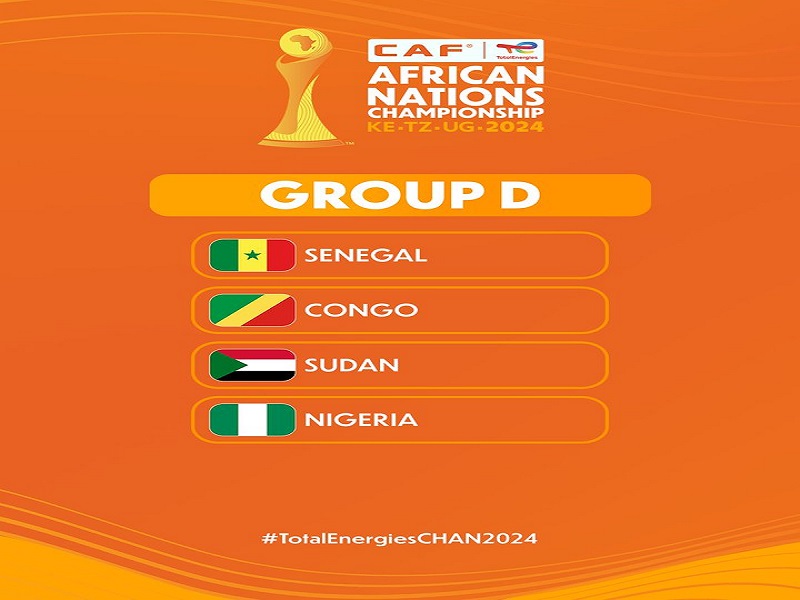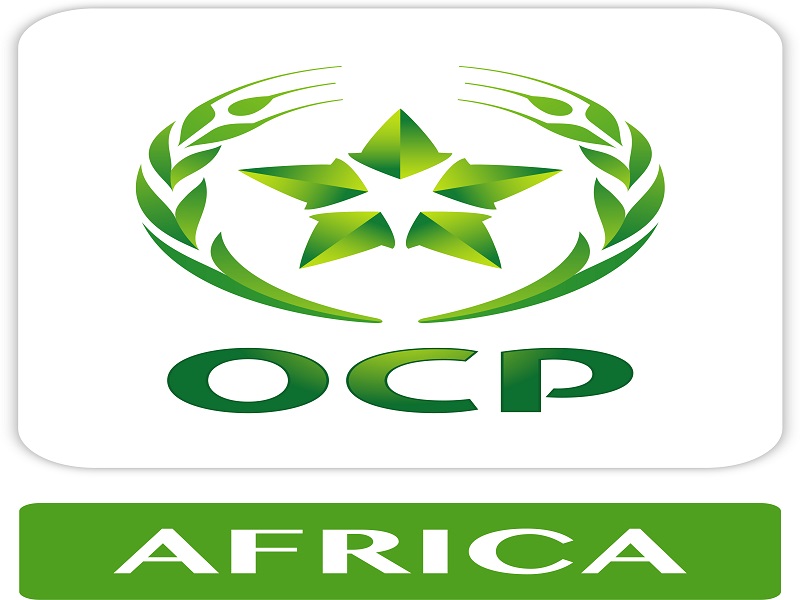An expert, Dr Beatrice Chinyem Oganah-Ikujenyo, of the Department of Home Economics, Adeniran Ogunsanya College of Education, Oto/Ijanikin, Lagos, has said studies have confirmed that the main nutritional problems in Nigeria are inadequate intake of proteins and micro-nutrients such as vitamin-A, iron and iodine, among other nutritional and health problems.
Reasons are traced to socio-economic, cultural, political and security factors as the population explodes and food production suffers.
Speaking during a webinar on ‘Exploring the issues behind protein deficiency in Nigeria,’ Dr Oganah-Ikujenyo explained core issues facing the efforts to alleviate ‘hidden hunger’ (protein and other micro-nutrient deficiencies) to include poor knowledge of food and feeding habits, extreme poverty, high cost of animal protein, and culture/superstitions (used to consuming starch/children are rarely given large meat/fish portion.
Others mostly affected are displaced people due to wars, banditry and insurgency, natural disasters (earthquakes, flooding, landslides) and climate change, biological/insect infestation (bird flu, mosaic and insects).
Carbohydrates are easy to cultivate, harvest in a very short time, cheap and readily available in the markets, but feeding mainly on them breeds malnutrition.
Experts therefore advocated a change of the narrative through nutrition education targeted at encouraging the consumption of multi-mixes or protein complementation, habit of meal planning and using the six food guide pyramid
to enable the careful selection of foods.
Data sourced by The Guardian indicates that Nigeria has a gap in its protein consumption when compared with other global economies. It is ranked below the bar in global food security index, second largest prevalence of stunting with a protein per capita – daily intake lower than the global standard. This is a major burden that requires continuous interventions to combat and reduce this nutrition crisis in Nigeria.
There are indications too that though seven in 10 households believe they are having enough protein intake, but their daily intake of protein suggests otherwise and remains very low, accounting for less than a third of daily food consumption. This also suggests a huge knowledge gap among households on how often protein-based food should be consumed.
Hence, specialists recommended that there is the need to channel communication to the essence of protein consumption and to push out clear information regarding required intake of protein for optimum wellbeing, especially in North and East where there are lower intakes.
Driving deliberate efforts that are targeted towards affordable protein sources for household, especially the lower income groups, is imperative to boosting daily intakes.
They also advocated partnering with government agencies, donor organisations and private investors to significantly drive awareness and increased protein production and distribution.
Source; guardian.ng































































